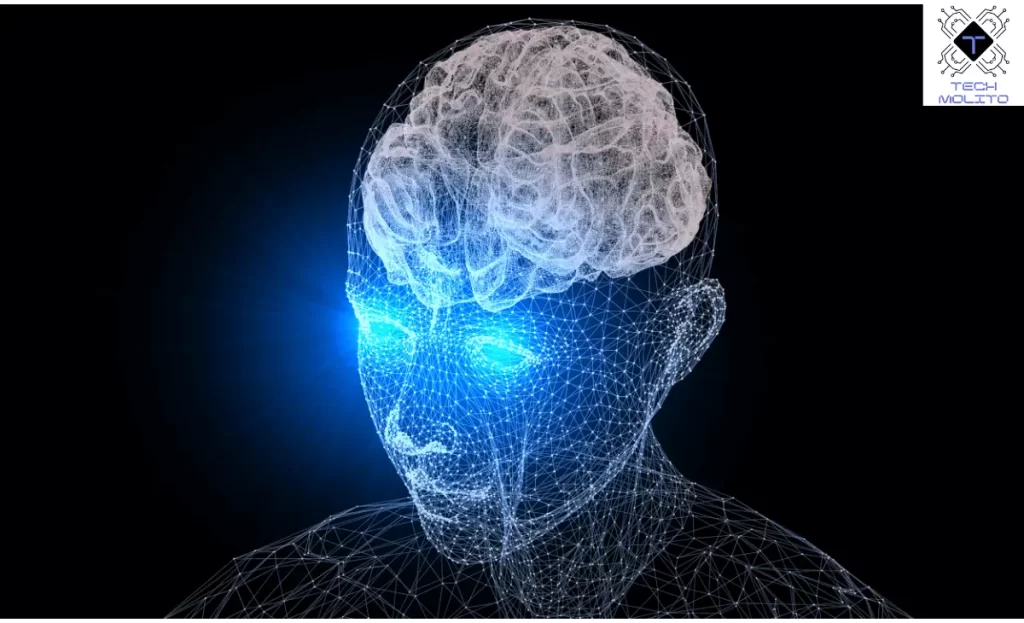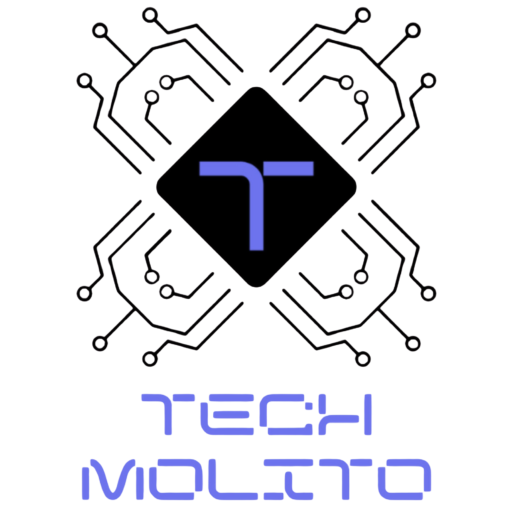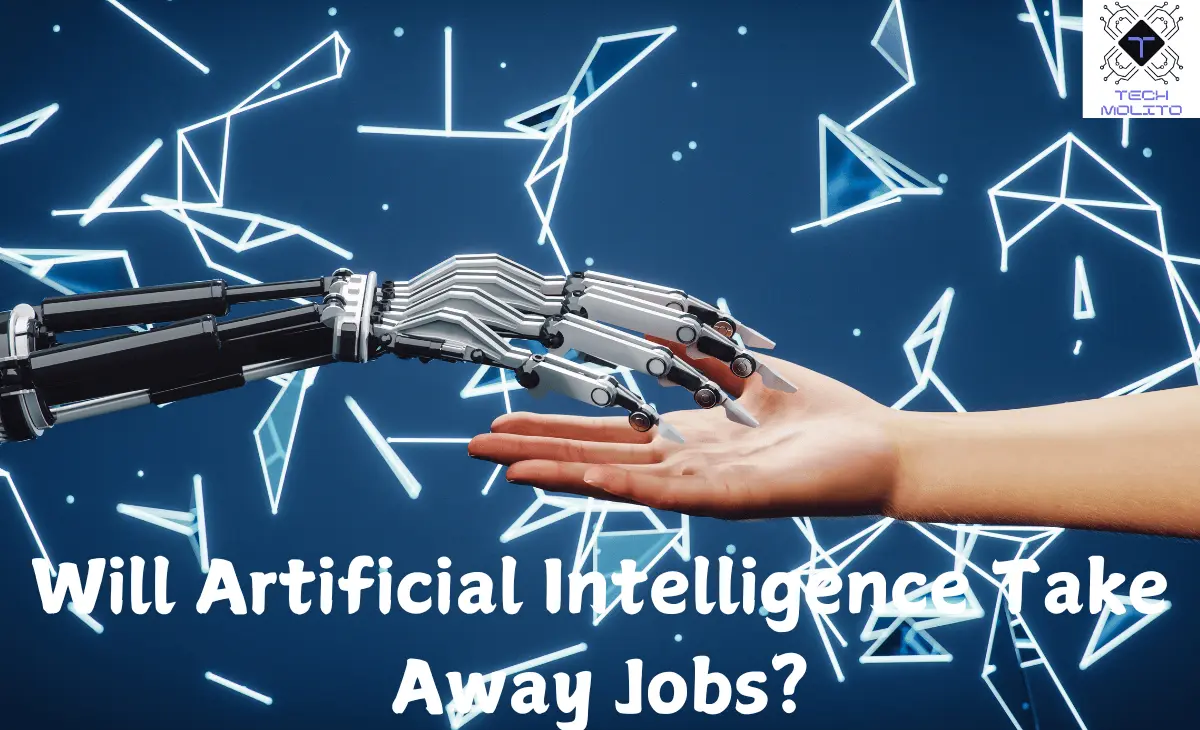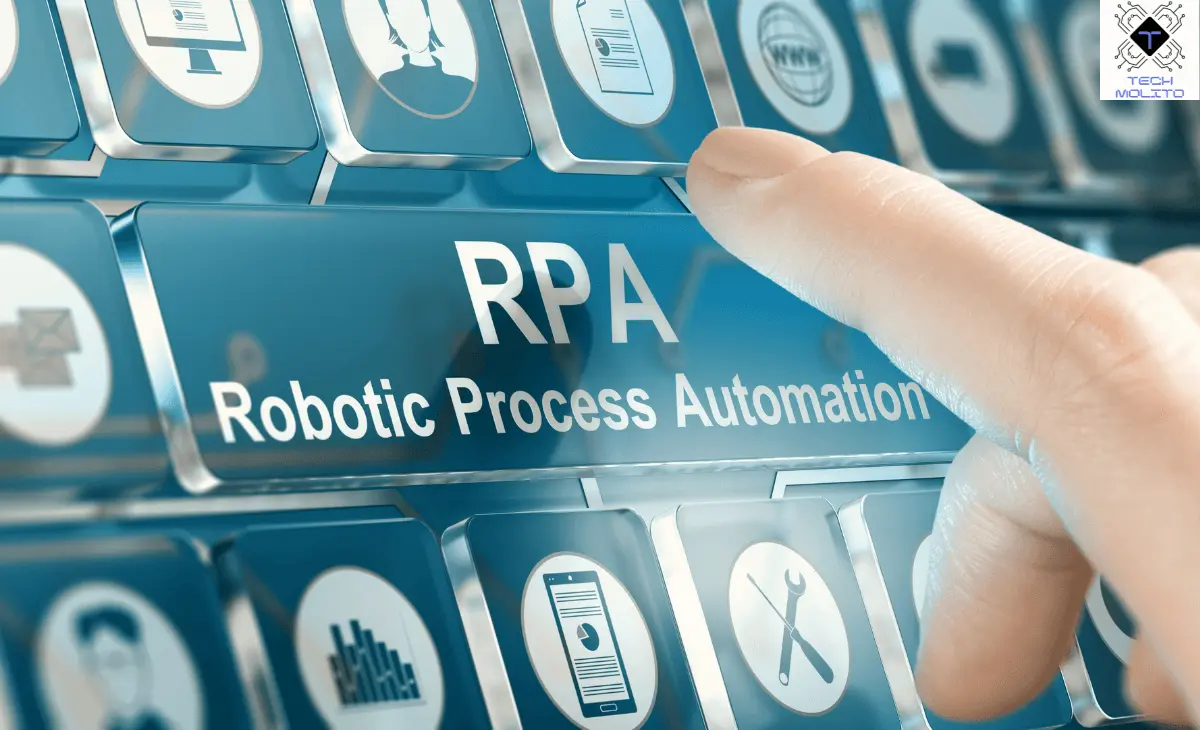Artificial Intelligence (AI) is changing the way we live, work, and interact with technology. With machines getting smarter and more capable, a common question arises: Will AI take away jobs? This topic stirs up debates everywhere from offices to classrooms. People worry that as AI becomes more powerful, it might replace workers, leading to massive job losses.
But what’s the real story? Should we be worried, or is there a different future ahead? In this blog post, we’ll explore how AI is reshaping jobs, what industries are most affected, and what the future might look like for the workforce.
Certain AI applications, like computer vision, are transforming industries by automating tasks traditionally handled by humans. For more on how this technology is being applied, read How Computer Vision Applications Are Changing Industries.
AI Taking Over Jobs
The fear of technology taking jobs isn’t new. Throughout history, every major technological advancement has caused people to worry about job loss. From the invention of the steam engine to the rise of the internet, this fear has persisted. AI, however, is different in that it’s not just automating repetitive tasks; it’s learning, adapting, and getting better at tasks that once required human intelligence.
Concerns about AI
One of the main concerns is job loss. Many fear that AI will replace humans in certain fields especially in jobs that involve repeat tasks or data work. From factory workers to customer service reps many roles could be at risk. Another worry is wage cuts. As firms use AI there’s a fear that human workers might be devalued which could lead to lower pay.
Why pay a human when a machine can do it faster and cheaper? There is also a skill gap. As AI takes over more tech tasks workers without strong skills might have a hard time finding jobs. The need for jobs that require digital skills will likely rise which may create a gap between those with these skills and those without.
How AI is Changing Work
While the fear of AI taking away jobs is real, the actual impact is more nuanced. AI is undoubtedly changing the nature of work, but it’s not all doom and gloom. In many cases, AI isn’t replacing jobs entirely but transforming them.

Industries Most Affected by AI
Manufacturing
This industry has been one of the most heavily impacted by AI and automation. Robots now handle repetitive tasks like assembling products and packaging. However, AI has also increased efficiency and safety in factories. Jobs have shifted from manual labor to roles that oversee and maintain machines.
Retail
AI is revolutionizing the retail space with automated checkouts, personalized shopping experiences, and better inventory management. While this has reduced the need for some customer-facing roles, it has created jobs in AI development, logistics, and customer analytics.
Healthcare
AI is being used in diagnostic tools, medical imaging, and even robotic surgeries. While it might reduce the need for some administrative roles, it’s also helping doctors and nurses by making more accurate diagnoses and treatment plans, allowing healthcare professionals to focus more on patient care.
Transportation
Self-driving vehicles and AI-powered logistics systems are poised to disrupt the transportation industry. Truck drivers, delivery personnel, and taxi drivers might see their roles shift as automation takes on more of the workload.
Will AI Take Away Jobs or Create New Ones?
While AI is automating many tasks, it’s also creating new opportunities. Historically, new technology has often led to more jobs in the long run, even if it displaces some workers in the short term. The key to understanding AI’s impact on jobs is recognizing that it changes the nature of work rather than simply eliminating jobs.
Jobs Most Vulnerable to AI
AI is great at doing repeat tasks which makes jobs in factories data entry and customer service that follow set patterns the most at risk of being automated. Also AI can sort through large amounts of data more quickly than humans. This means that jobs in data work finance and reports are likely to be hit by automation.
Jobs That AI Can’t Replace Yet
While AI can make content and help in creative work it struggles with the skill and feel that are needed for roles like writing design and art. Also AI can deal with set problems but it still has a hard time with tough unpredictable issues that need human judgment.
This makes roles like engineers doctors and research scientists less likely to be replaced by machines. Jobs that need people skills like teachers guides and health care workers are also less likely to be taken over by AI. While machines can help in these roles human care feel and talk will still be needed.
How AI Could Create More Jobs
Rather than simply taking away jobs, AI is also leading to the creation of new roles—roles that didn’t exist just a few years ago. As AI continues to develop, industries will require new types of professionals to manage and advance these systems.
Here’s How AI is Creating Jobs
The rise of AI means that firms will need more builders engineers and data pros to design build and keep these systems. These jobs need special training but are growing in need. Many new jobs will also mean working with AI systems.
For instance AI might help in checking data but humans will still be needed to make sense of the results and decide based on that info. As AI changes fields the need for retraining workers will make jobs in learning and training. Programs that help workers shift from old jobs to new AI-based roles will be key.
Preparing for the Future of AI in the Workplace
The future of work with AI isn’t about AI versus humans—it’s about AI with humans. To thrive in an AI-driven world, the workforce will need to adapt, reskill, and embrace the changes AI brings.
Steps Workers Can Take to Stay Competitive
Workers should learn new skills whether it’s coding data work or grasping AI systems. Focusing on skills that are in need in a digital world is vital. Workers should also work on creativity and problem-solving.
While AI might be great at repeat tasks humans shine at being creative and solving tough problems. Building these skills can help workers stay in the game. Finally workers need to keep learning for life. Tech moves fast and so do job needs. Those who are keen on lifelong learning will be ready for shifts in the job world.
FAQs
1. Will AI completely eliminate jobs in the future?
No, AI will not eliminate all jobs. While it will automate some roles, particularly repetitive tasks, it will also create new jobs in areas like AI development, data analysis, and human-AI collaboration.
2. Which jobs are most at risk due to AI?
Jobs that involve repetitive, predictable tasks, such as data entry, manufacturing, and certain customer service roles, are most at risk of being automated by AI.
3. How can workers prepare for AI in the workplace?
Workers can prepare by learning new skills in technology, data analysis, and problem-solving. Embracing lifelong learning and focusing on roles that require creativity and human interaction will help people stay competitive in an AI-driven job market.
Conclusion
So, will artificial intelligence take away jobs? Yes, AI will change the job market by automating certain tasks and roles, but it’s unlikely to completely eliminate jobs. The key to thriving in this new world of work is adaptation. As AI continues to evolve, it will create new opportunities, new industries, and new roles that we can’t even imagine yet.
While some jobs will be lost, others will be transformed, and many more will be created. The future isn’t about AI replacing humans, but rather humans working alongside AI to build a more efficient and innovative future. Understanding these changes and preparing for them is the best way to ensure a positive outcome in the AI-driven workforce of tomorrow.





